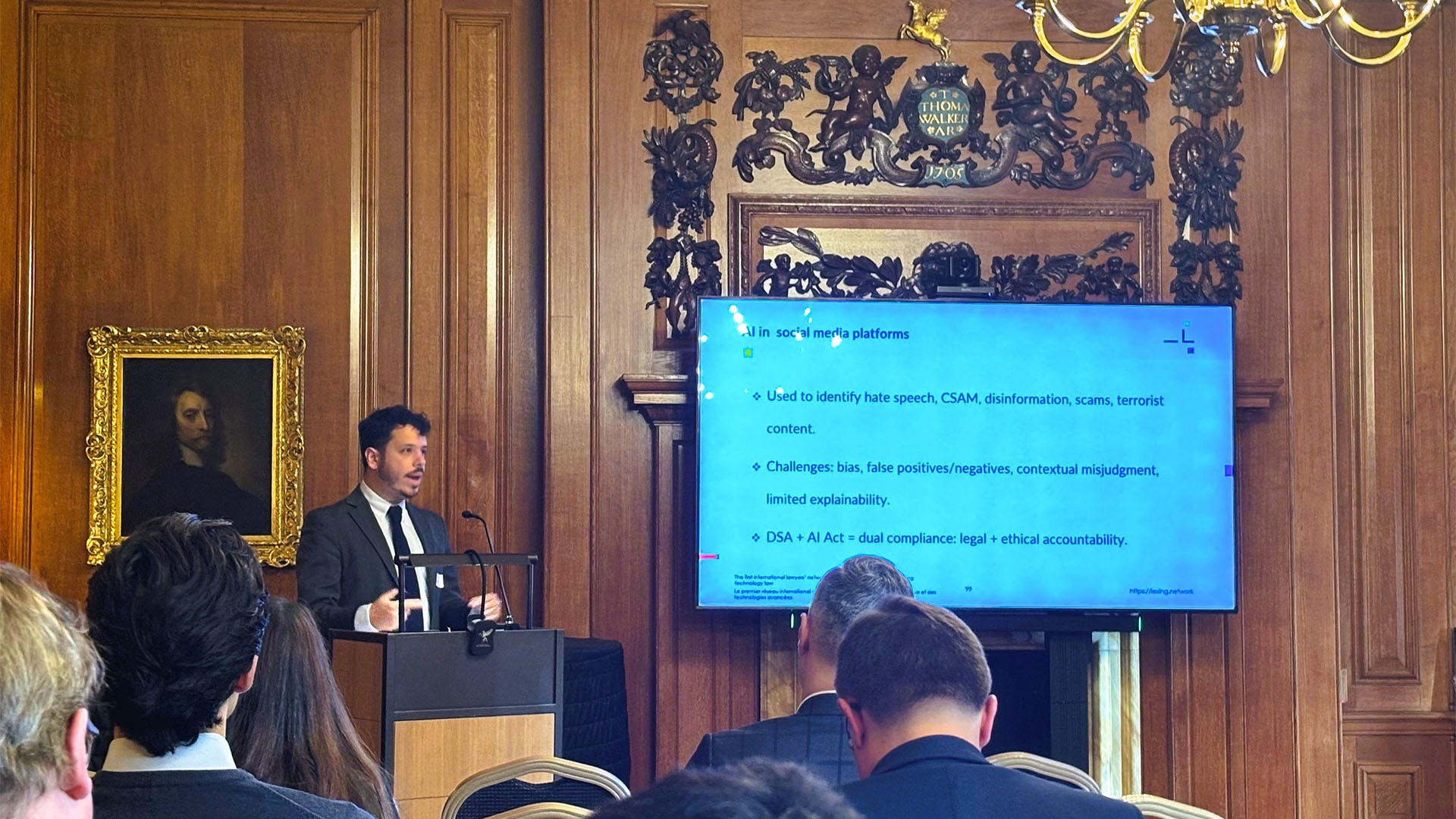The claimant had initiated an ICC International Commercial Arbitration, governed by Greek law, against the defendant, which after extensive written argumentation and oral proceedings dismissed the claims on the merits. Set aside actions were also rejected by the Greek Court of Appeal.
Subsequently, the claimant sought to reintroduce the same claims in a 2nd ICC International Commercial Arbitration under different legal dress. These claims were rejected by the 2nd Tribunal on grounds of res judicata.
The claimant sought a ruling from the Athens Court of Appeal to set aside the 2nd award on multiple but related grounds. In a recent judgement (2024), the Court of Appeal rejected the challenge and affirmed the award.
The first ground argued that the ICC Tribunal had misapplied the Greek rules on res judicata and in doing so had allegedly violated international public order. The Athens Court of Appeals rejected the argument on the ground that even if Greek procedural law on res judicata had been misapplied, in the context of an international commercial arbitration this did not constitute a violation of international public order, a concept encompassing the essential principles and beliefs that govern the social life of a State.
The Court of Appeal also rejected a parallel argument that a violation of res judicata is a violation of mandatory law or good morals in the protection of the public interest. The Court ruled that res judicata rules primarily protect private interests, and despite that they ought to be taken into account ex officio, that element in itself did not render them public order rules.
In a third ground, the claimant sought the annulment of the award arguing violation of its right to be heard: the Tribunal in the 2nd Arbitration had ordered that given the absence of any new facts and total reliance by the claimant and respondent on all the evidentiary material presented during the 1st ICC Arbitration, an oral procedure involving evidence could be dispensed with, and limited oral proceedings only to arguments on the evidence and legal arguments on res judicata in arbitration. Eventually, the Tribunal ruled that it was bound by res judicata to follow the 1st Tribunal’s findings and dismissed the claimant's claim. The Court of Appeals, also rejected the claim that by doing so the Tribunal had violated a right to be heard, stating that the claimant had been given, and had taken up every opportunity to present its arguments and evidence. In the circumstances, the Tribunal had not violated the claimant’s right to be heard when it ordered a limited oral proceeding.




